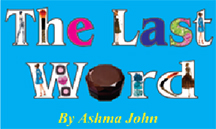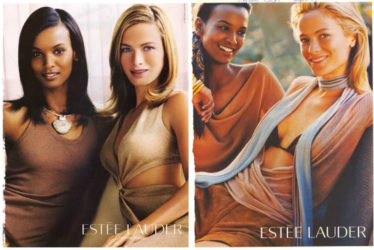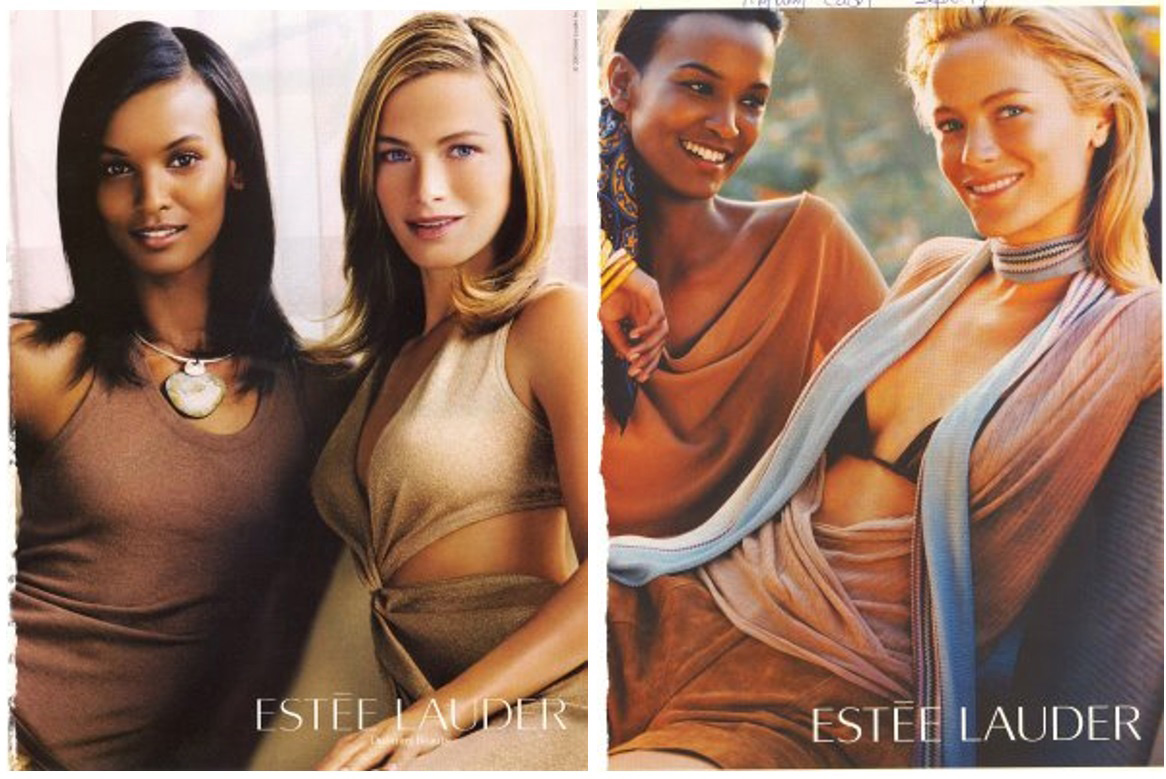I recently met up with a fellow Guyanese who is also based in Europe. To my pleasant surprise she lives about 30 minutes walking distance from me. Hearing the accent and having someone with whom to share my experiences of living here so far, was refreshing and much needed. You know, from a real Guyanese perspective and all!

We broke the ice by discussing how awkward it is sometimes walking into a café or bar. You are always stared at as if you somehow lost your way. There is no denying that your complexion seems to draw social stigma. The stares make you feel as if you are too dark to even be in the same room; how is it possible for you to afford the same drink.
Our choice to wear bright and colourful clothing is seen as unapologetically peacocking for attention as well. My countrywoman said she was singled out as a sex worker because of this. Our approach to fashion and style is not subtle. The stories can go on and on, but the underlying issue here is that there is a question mark when it comes to people of colour. You see it in people’s hesitance about something as basic as sharing a smile.
Sure there is the element of being the ‘exotic’ one in the room, but when the stares only fade away after my Caucasian husband stands beside me, it is almost as if he is the stamp of approval that it is okay for me to be around.

I have started to realize that my beauty will always be a spectacle; for some people it might not even be regarded as beauty and that is okay too. The idea of beauty, from a global perspective, has always been Eurocentric. Looking back, I see how even as a child in Guyana, I got pretty much the same treatment, in a different form. The weird thing is that while this may seem awkward and wrong here, we don’t realize when it happens at home. Actually it comes off as normal and we are somewhat less reluctant to talk about it.
As recent as two years ago, I remember my mom being approached by someone she knew. They were catching up and the woman asked my mom about her children. As I was standing right there, my mom said, ‘you know this is one of my daughters too right?’ The woman responded ‘no, I am talking about the polished one.’ She was referencing my sister who is much lighter in complexion.
It is rude, but even amongst ourselves when we use certain words to describe those who are fair skinned or closer to white, it is done in a manner guaranteed to make those of a darker shade feel inferior. When that woman used ‘polished,’ I felt like my sapodilla brown complexion was dirty.
In fact, I felt it was dirty for a very long time. I have even had the statement, “they are from the gutters” thrown at me by a now sitting minister, over my mom taking a public parking space. I always wonder whether the same statement would have been used, if her ‘dougla’ children weren’t around.
Among ourselves, we create a benchmark of what is acceptable and what isn’t, measured against the features of a white person. So yes, there is a replication of what I experience over here back at home. The colour of your skin plays a huge part in how you are treated and acknowledged in society.
I don’t want to cap all of it as racism and colourism, but if I had known the struggles, if I had been made to understand the complexities of colour when I was small, I think I would have made better decisions when it came to altering my identity, better decisions when it came to sticking up for myself.
Much of the altering was done to try and cleanse myself of all the things people were telling me were wrong with me – the frizzy hair, my flower power wardrobe, my choice of brands etc. And because this came from people who shared my skin colour, I felt as if I had to believe them; they were just like me.
While we notice the stares and discomfort of being in societies where our beauty and image stand out, we must reflect on how, as a society, we practice this in our everyday lives.
We must acknowledge how we alter our looks to look more ‘polished.’ Some of us go as far as using bleaching creams, but body language and choice of words do the same amount of damage. They contribute to destruction of our beauty. This is not easy to face, but it’s the reality. To counter this, we must find ways to have these conversations with our children and our friends. There should be no shame is trying to feel comfortable in our own skins.
ttps://twitter.com/theonlinerunway
http://instagram.com/theonlinerunway





